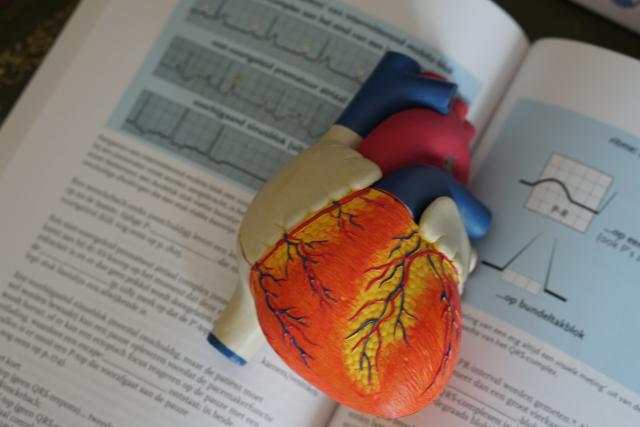New Monash University research has found one in five adults in Australia were unable to name any heart attack symptoms and only around half reported chest pain as a symptom.
Australian Institute of Health and Welfare data showed Maribyrnong came in 179th place in terms of heart-related admissions, with 47.8 out of 10,000 persons admitted during the 2012 to 2016 period.
The prevalence of risk factors included insufficient exercise (68.1 per cent), high blood pressure (23 per cent) and smoking (16.5 per cent).
Maribyrnong was also among the eight high-risk local government areas taking part in the Heart Matters study.
A National Health and Medical Research Council funded partnership between Monash University, the Heart Foundation, Ambulance Victoria and the state government Department of Health, the Heart Matters trial is working to improve heart attack awareness.
In Hobsons Bay, 41.4 out of 10,000 persons were admitted to hospital for a heart-related condition, ranking 271 out of 519 across the country’s local government areas.
The prevalence of risk factors included insufficient exercise (67.9 per cent), obesity (31.6 per cent) and smoking (15.7 per cent).
Monash University School of Public Health and Preventive Medicine Associate Professor Janet Bray was the lead author of the study and said the findings were “very alarming”.
“Every minute, more heart muscle dies and the chance of complications like cardiac arrest increases,” she said.
“Every Australian should be able to recognise heart attack symptoms and the need to respond quickly and call triple-0 for an ambulance.”
Ambulance Victoria paramedic and acting research and evaluation director Dr Ziad Nehme said quickly recognising symptoms was of paramount importance.
“Our paramedics attend almost 60,000 patients every year with suspected heart attack symptoms, such as chest pain,” he said.
“Paramedics are best placed to diagnose and treat heart attacks in the community and are equipped to administer life-saving medications that can open a blocked artery in the heart.”
Details: www.heartfoundation.org.au/Bundles/Your-heart/Book-Heart-Matters







